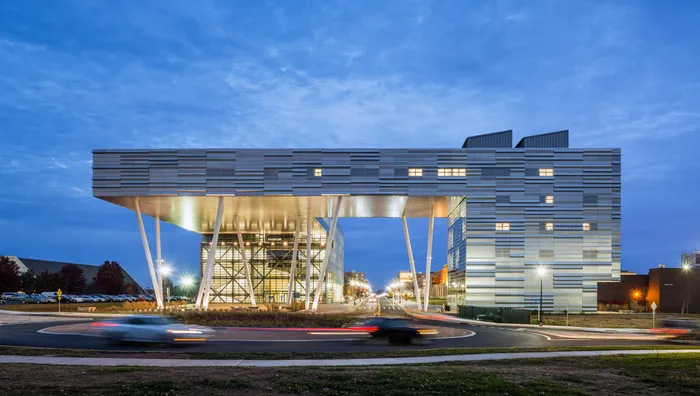Title:
Intersection between Information Technology and Quantitative Management
Date
August 15-17, 2025 (GMT-4)
Organizer
International Academy of Information Technology and Quantitative Management (IAITQM) (www.iaitqm.org)
Special Symposium Introduction
The Special Symposium titled "Intersection of Information Technology and Quantitative Management" is a collaborative effort between the CONF-MPCS 2025 and ITQM 2025 organizing committee. It aims to provide a dynamic platform for researchers and practitioners, to discuss and explore the integration of cutting-edge IT advancements with quantitative management methodologies. Participants will have the opportunity to publish their research findings, ensuring that innovative work in this domain reaches a global audience.
The 12th International Conference on Information Technology and Quantitative Management (ITQM 2025) is a global forum for exchanging research findings and case studies that bridge the latest information technology and quantitative management techniques. It explores how the use of information technology to improve quantitative management techniques and how the development of management tools can reshape the development of information technology. The conference will be held at Piscataway, USA. The organizer, International Academy of Information Technology and Quantitative Management (IAITQM), is a global community for educators, scholars, policy makers and professionals to promote innovation and excellence of information technology and quantitative management. IAITQM was formally inaugurated on June 3, 2012 with more than 50 founding members from China, United States, Australia, Japan, Lithuania, Poland, Romania, Spain, Singapore, South Korea, The Netherlands, Turkey and other countries.
